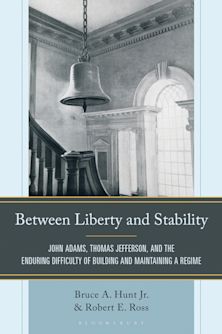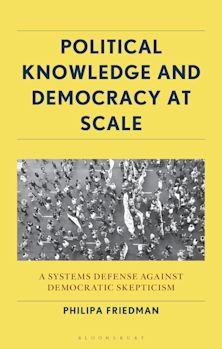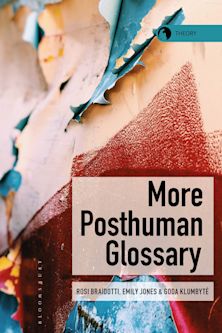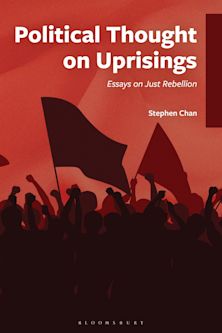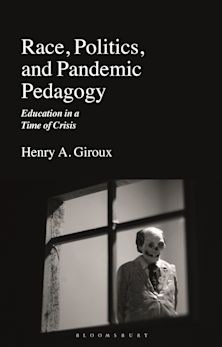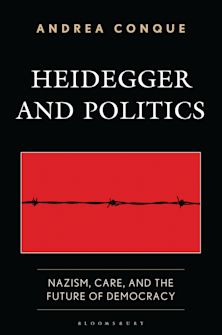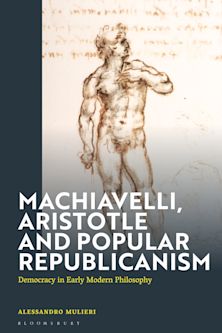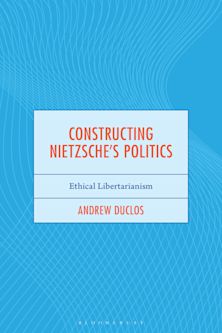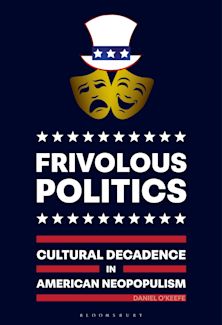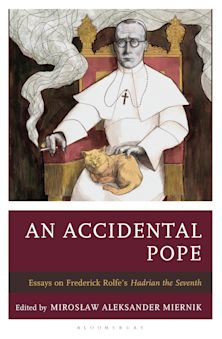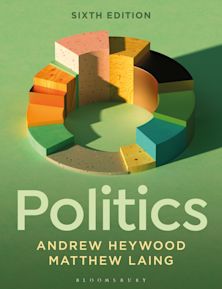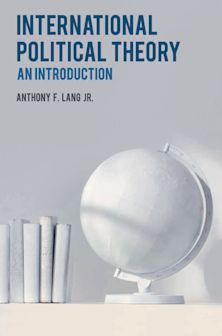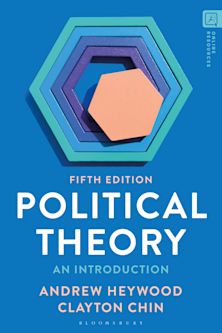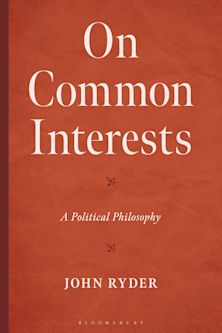Table of Contents
Chapter 1: Andthe Dead: Paul and the LawPaul's account of law, particularly in his letter to the Romans, reads as a desperate parsing of law, sin, and death. The law, though made by god, comes dangerously close to being the very definition of sin. The first chapter of this book explores the connections between the power of law and the sovereignty of the messiah. Paul's account of law and sovereignty has had tremendous repercussions in contemporary readings, particularly the work of Heidegger, Schmitt, and Agamben. This chapter engages these concerns, focusing, in particular, on two lines of development: 1) the connections between the law and the formation of the political subject, and 2) the connections between law and the political sovereign. Chapter 2: Living Sacrifice: Violence and Dissatisfaction Chapter two examines what it might mean to treat the death of this messiah as a sacrifice. The Law, for Paul, is fulfilled in the crucifixion of the sovereign. Nietzsche is one of the few commentators on Paul to capture the political significance of sacrifice. The political/theological drive for safety through sacrifice promises a way to overcome fatality (or apocalypse); these drives for safety, however, can actualize terrible demands for blood. This chapter examines this response to life as a component of the modern support for political power. Chapter 3: The Quick: Life after Death (of the Law)The popular zombie television series, Walking Dead, fascinated--like Paul--with destroyed and resurrected bodies, inhabits a world without law and without obvious hope, in which most people are dead and all institutions have evaporated. The question posed by Paul and the Walking Dead is the same: how to sustain desire for life after death (of the law)? That is, what kind of life and desire are we left with after dying as creatures of law and resurrecting into creatures of life? Surviving the end of law, means surviving the loss of desire (according to those who assert the connection between law and desire). Prohibition and transgression goad desire in Paul's account of the law; its absence requires conceiving of life and desire in new terms, what Paul calls a quickened life. Waiting in anticipation for the return of the messiah orients one towards new life constantly appearing in the world. Paul's orientation of anticipation toward the world-nurturing as a new born child-finds the return of the messiah in the world. Chapter 4: Evidence of Things Not Seen: Violence and ConversionPaul's deployment of the crucifixion, examined in the second chapter, had broad consequences; this chapter follows-up those consequences by exploring the affective power of crucifixion. The attention to Caravaggio and Pasolini, as followers of Paul, is a unique contribution of this book and serves to foreground the affective register of Paul's political theology. Paul's own conversion functions as the central moment of Paul's life for many people. Conversions mimic to some degree the experience of the event of messianic sacrifice, and in Paul's case his conversion allowed him to confront the status of his unseen response to Jesus to the seen responses of apostles like Peter. Paul exemplifies the problem of proclaiming truth according to an event that lacks a structure of meaning. This chapter explores the role of visibility in Paul's conception of his own role in proclaiming the truth and the role of visual triggers for later followers of Paul.Chapter 5: Hope Against Hope: Living in AnticipationPaul wrote against an imperial regime that glorified itself in war and military spectacle, that dominated the technology of communication and transportation, and that seduced much of the Mediterranean world with its habits and behaviors. Chapter 5 utilizes the conclusions of the previous chapters to suggest postures or orientations politically appropriate to the end of the world. Importantly, there are no universal answers in Paul--the law is over--life requires thought and engagement. Paul does not proscribe a single orientation; but in this chapter I will venture a few suggestions about the value of anticipation, nurturing, and insecurity.Conclusion: The End is NearAt its best, the written work that travels under the name of Paul suggests that living in end times requires an examination of our orientations to life and to the world. Acting politically requires an orientation to the world that nurtures a hope not grounded in predictable results. It requires conceiving of life as more than the experience of a few human years. It requires living without messianic deliverance but with anticipation and cultivation of future possibilities. Living in the end times requires living with strain but not despair; treating the immanent universe as a source of amazement as well as tragedy.













